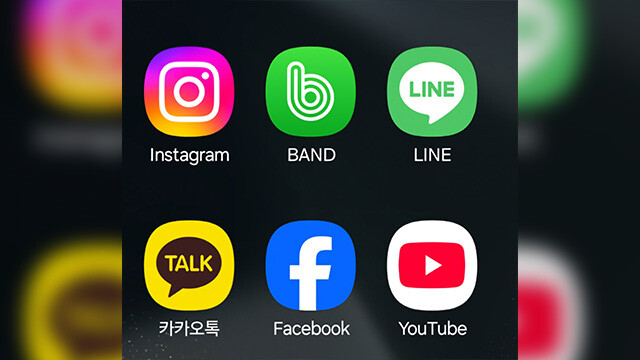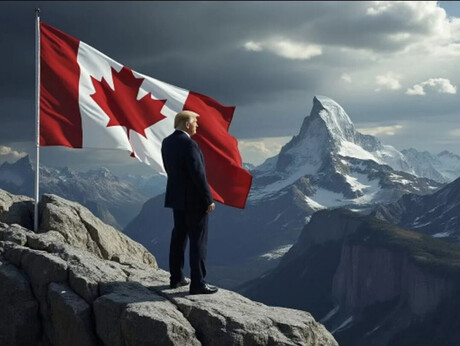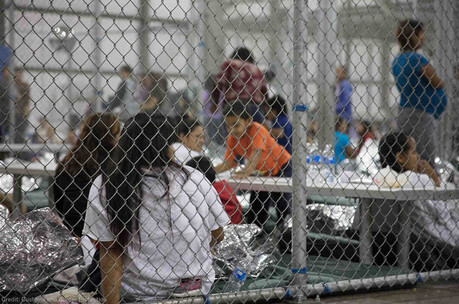
The Nepali government has taken extensive measures to block access to unregistered social media platforms. The action includes 26 major social media services such as YouTube, Facebook, and X (formerly Twitter), directly impacting the daily lives and livelihoods of millions of Nepali citizens.
This measure is based on a law enacted by the Nepali government in 2023. The law mandates that all social media companies operating in Nepal must establish a local office and officially register with the government. The Ministry of Communication and Information Technology stated that it issued the blocking order because these platforms had not responded to repeated requests for registration. Some social media services, such as TikTok and Viber, which have already completed the registration process, were excluded from the measure.
The sudden ban has caused great inconvenience to the Nepali public. Small business owners who operate their businesses through social media have been hit particularly hard. Jenisha Joshi (25), who sells jewelry and accessories on Facebook, criticized the decision, saying, "If Facebook is shut down, my livelihood will be gone," and "The government's decision is irresponsible." Additionally, social media was a primary channel for communicating with family and friends living abroad, and this blocking measure has caused a serious obstacle to personal connections.
The government's action has faced criticism that it is not merely a technical regulation but an attempt to suppress freedom of expression. Suman Shrestha, a member of the opposition National Independent Party, argued that the decision infringes upon the fundamental rights of citizens, stating, "The government is trying to control the freedom of press and expression." The Committee to Protect Journalists (CPJ), an international media rights advocacy group, also warned that the situation "sets a dangerous precedent for press freedom" and urged the Nepali government to immediately reverse its decision.
The Nepali government had previously blocked TikTok in 2023, lifting the ban nine months later after TikTok agreed to comply with government regulations. In July, it also blocked the Telegram messenger, citing issues with online fraud and money laundering. These repeated cases of social media blocking amplify suspicions that the current Nepali government is strengthening social control. Nepal is currently ruled by a coalition government of the left-leaning Communist Party of Nepal (CPN-UML) and the Nepali Congress (NC).
This incident highlights two simultaneous issues: the problem of technology companies' compliance with local regulations and the government's increasing control. As the role of social media platforms has expanded beyond simple communication tools to encompass society, economy, and politics, it remains to be seen what kind of repercussions the Nepali government's action will have.
[Copyright (c) Global Economic Times. All Rights Reserved.]






























